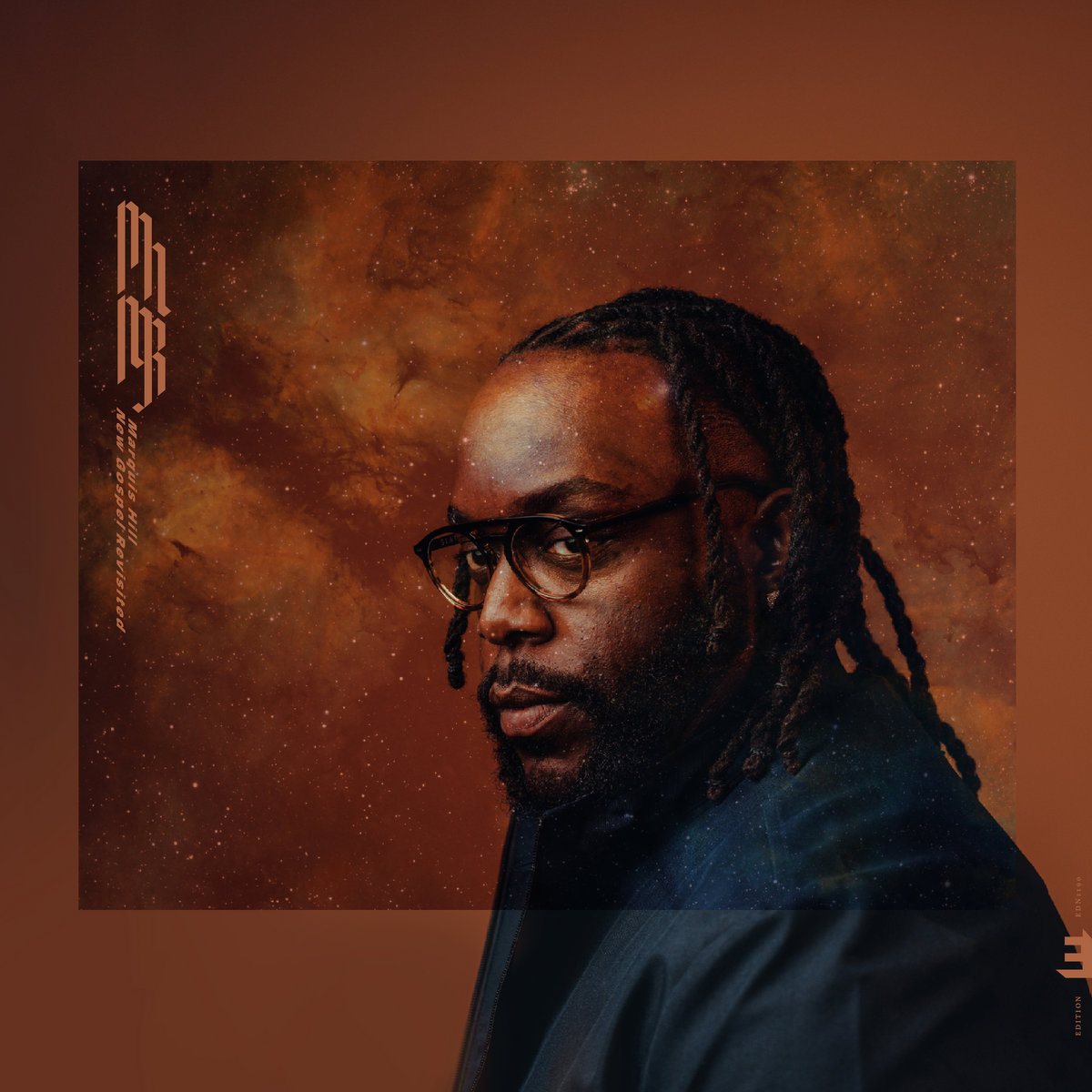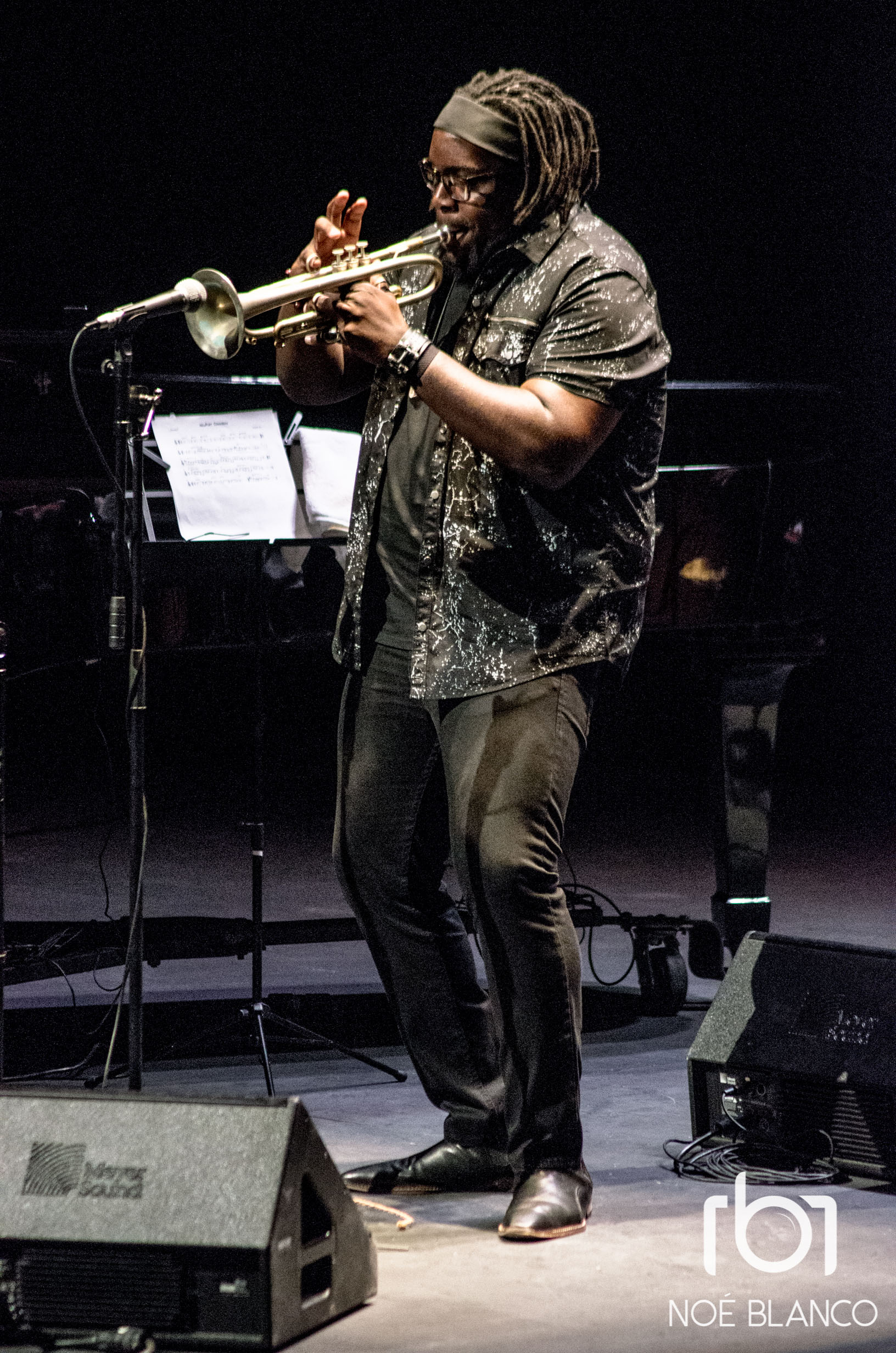
Album review: Eric Jacobson – Heading Home (Origin)
The album title suggests the cumulative memory of a journey that, once you hear this recording, may have been epic. There’s nothing grandiose about the Milwaukee trumpeter Jacobson’s new album but his journey has inspired a whole album of original material and its strong stuff, one through eight. It opens with a burner that asserts not just the ability to play at a ridiculous speed, but as if they need to, given the title, “Survival.”
By contrast, the rest of the album provides a wide range of palatable yet challenging dynamics. The ensuing “Three of a Kind” is an alluring melody, right from the solo piano intro by Bruce Barth, reaching through sumptuous whole notes to find plenty of breathing room. Speaking of Barth, the quintet is the exact group of aces as on Jacobson’s previous album Discover, and the continuity makes a difference. Jacobson himself is a sort of lean Freddie Hubbard without the excessive cuteness.
Or perhaps more aptly, Jacobson suggests what Lee Morgan might’ve sounded like had he’d been able to live a full life and grow into a more sophisticated musician without losing his soulful edge At age 33, Morgan was shot by a jealous woman. He was indeed searching “for a New Land” as one of his last album’s title indicated. Jacobson’s Heading Home suggests that he discovered some of that new land. His previous album was titled Discover.

Eric Jacobson
“Manty Time” clearly tributes Milwaukee “godfather of jazz” Manty Ellis, with the sort of bluesy swagger, Manty can eat up with his blend of Montgomery-esque octaves, bristling chords and piquant linear phrases. “Sunset Suite” paints a glowing setting of fulsome grace and style with saxophonist Geof Bradfield offering a beguiling solo, with shapely, hip swaying phrasing. The album alternates lyricism with the deep-pocket boogaloo that made “soul jazz” a style that connected with a broader audience, especially African-Americans, after the hectic austerities of pure bop.
_________
An album release event is scheduled for Nov. 30, at 7 (sold out) and 9:30 p.m., at The Estate, 2423 N. Murray Ave. in Milwaukee.
Get Heading Home at Amazon here.
This review was first published in The Shepherd Express, here: https://shepherdexpress.com/music/album-reviews/heading-home-by-eric-jacobson/



